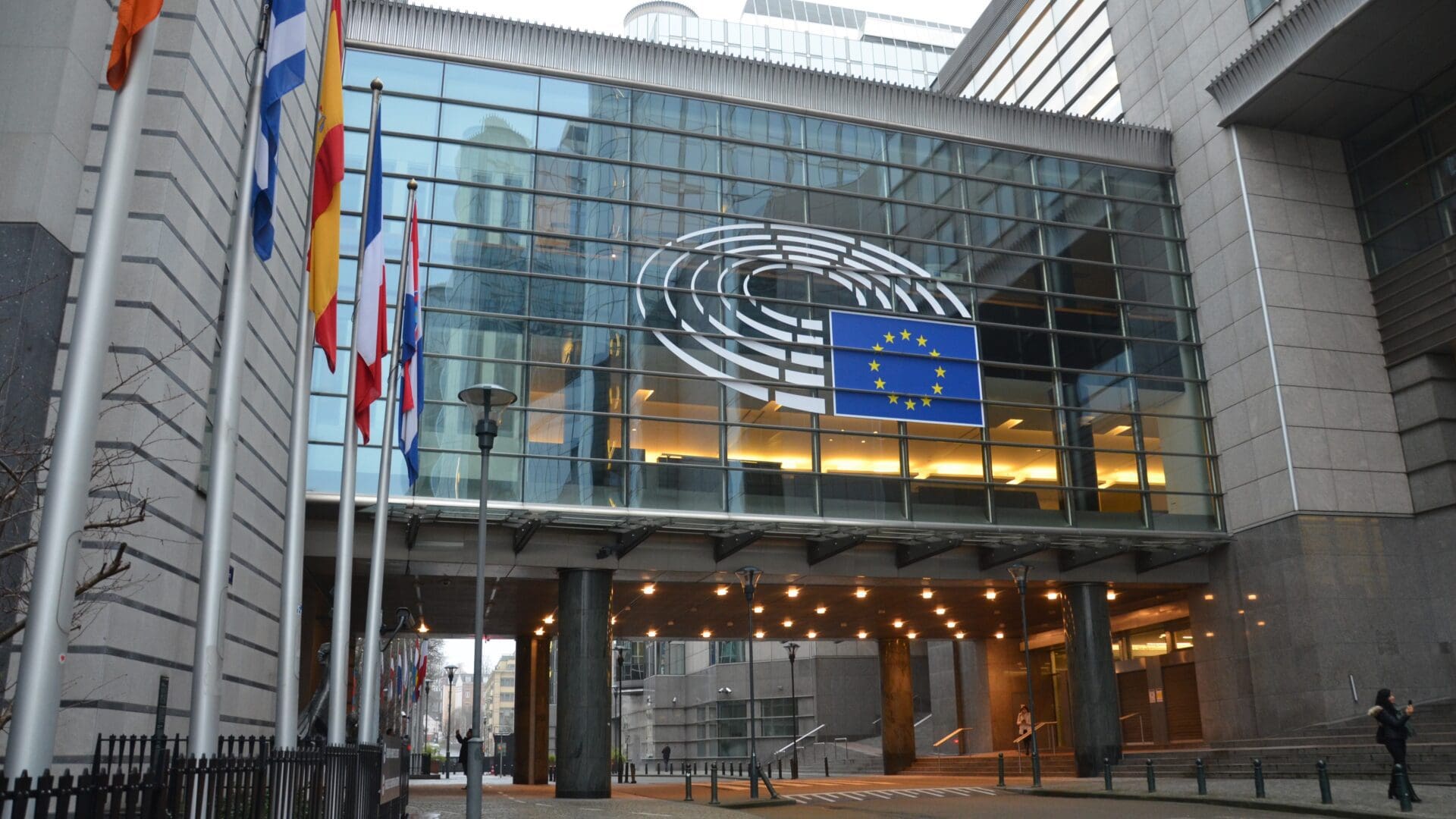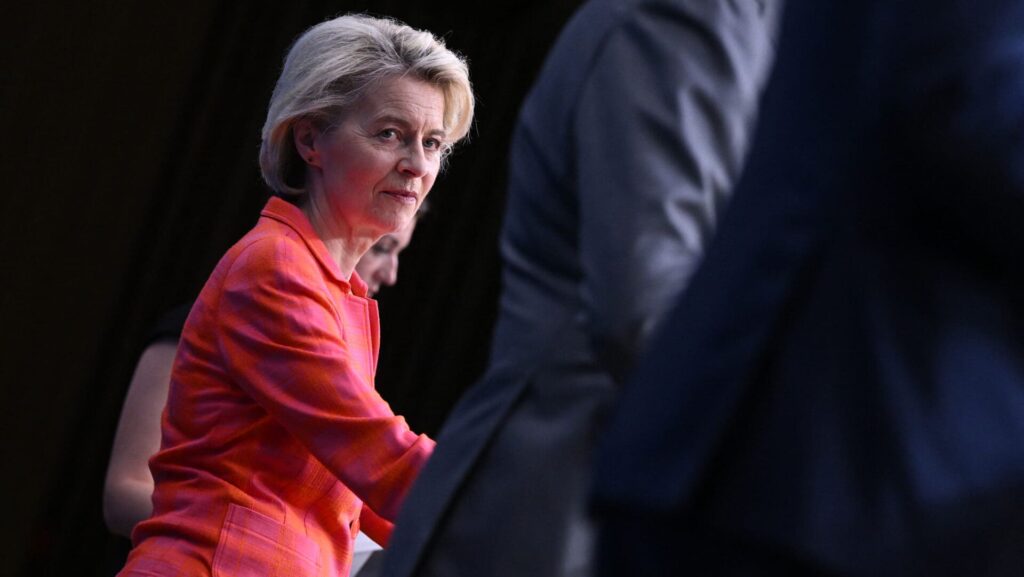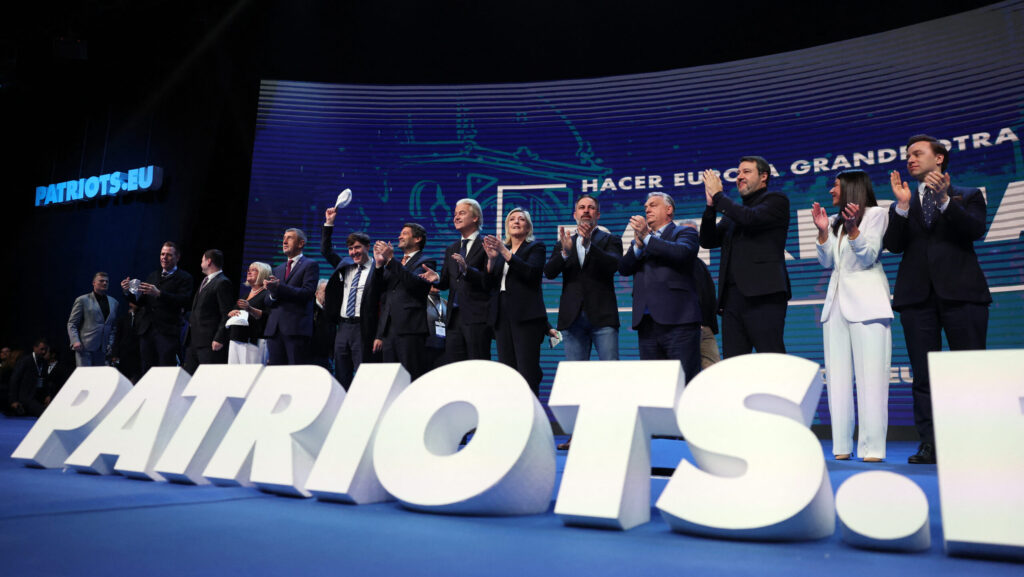The following is a translation of an opinion piece written by Gyula Hegyi, publicist, politician, and former MEP, originally published on Index.
The recent corruption scandal of the European Parliament is on the one hand about human greed and covetousness, and on the other hand about the self-importance of certain governments. It clearly shows the vulnerability of the EP’s entire foreign policy. (By foreign policy I mean relations with countries outside the EU.) The rather high salaries in the EU are partly the result if the consideration that the higher the income, the less corruptible a person is. This obviously works for the majority, but there are always those who get seduced by the prospect of more and more money. Eva Kaili, a typical career chaser who wants to get to the top unscrupulously and without moral principles, is a characteristic representative of the latter type.
Although the right-wing media likes to emphasise that the Greek politician is a ‘leftist’,
the real Greek left is represented not by Kaili’s corruption-tainted PASOK, but rather by Syriza, Greece’s radical left-wing party.
For corruption to take place, governments were needed for which it is important what opinion the European Parliament forms about them in its reports and statements. Qatar and Morocco are typical Muslim countries whose systems are relatively acceptable for the West, and whose leaders want to preserve their good reputation. For Qatar, critical voices had to be dodged primarily because of the FIFA World Cup, and for Morocco because of the control of Western Sahara. Ironically, these countries at least take the EP seriously. By contrast, North Korea is quite unlikely to be shaken by an EP resolution, just as Lukashenko, President of Belarus, is not really bothered by Eva Kaili’s umpteenth severe reproof.
For a long time, foreign policy was a relatively exclusive field. It required knowledge of a number of foreign languages, a wide range of information, and a sort of measuredness. The very first ambassadors were usually educated aristocrats who were also completely comfortable in the host countries they served in. Even among the first diplomats of the Soviet Union were several aristocrats, and even János Kádár used a Calvinist bishop as his foreign minister for a long time. Meanwhile, demagogues and party cadres with no talent were usually utilised back home. However, in recent decades, a populist turn has taken place in foreign policy, too. Tabloids, with their simple-minded primitiveness, follow and create international events, and deify and defame certain foreign politicians.
Recently, NGOs have gained traction that authoritatively label governments, systems, and even cultures and religions, sometimes based on real facts, sometimes on prejudices.
Boxes are created into which the so-called public opinion squeezes the good, the bad, and the corrigible, and from that point on, knowledge of these boxes becomes a sufficient prerequisite for dealing with foreign politics.
The European Parliament’s foreign policy activities, public debates, standpoints, various awards, and gestures largely fall into this category. All of this applies less to the EU’s External Action Service, joining which is only possible by passing a competitive exam. In the Council of Europe, which is not identical with the EU, and to which the member states delegate their representatives, the working languages are English and French, and the representatives must speak, write, and make statements in those languages. Although language skills are not everything, they are still a sort of a quality filter. However, members of the European Parliament are not expected to have any language skills, and since almost anyone has the opportunity to join an interparliamentary delegation, anyone, based on their say-so, can be an expert on Argentina, Indonesia, or Qatar.
I have once visited North Macedonia as an electoral observer with a parliamentary colleague who did not even know the Cyrillic alphabet—I had to read and translate the texts on the posters written in Cyrillic to him. This seems to have nothing to do with the current corruption scandal, but someone who has so little knowledge of the country he ‘observes’ is willing to vote for anything presented by another representative from his own area even without a bribe. Of course, such representatives also automatically know what buttons to press for keywords such as, let us say, Iran, Venezuela, Vietnam, China, and Ukraine, and what opinion to express about these countries even without knowing the details. Perhaps the only exception is the Israeli–Palestinian conflict, in which due to the moral weight of the Holocaust and the vulnerability of the Palestinians, it is more appropriate to strive for balance.
Nevertheless, the European Parliament does play a beneficial role in issues such as environmental protection, cultural projects, citizens’ safety, and border permeability, as the representatives are familiar with these fields in their own home countries and can count on the help of their experts as well. In general, it can be said that where there is a tough professional debate, there is also meaningful work. However, where, as in the case of most foreign policy resolutions, an agreement is mandatory on ‘moral grounds’, we can only speak of hypocrisy. But let us not get carried away with daily scandals. What Eva Kaili and her gang did is disgraceful, but the EU will get over it. The motto of the city of Paris fits the European Union as well: fluctuat nec mergitur, or ‘it is tossed by the waves, but does not sink’. The real danger is not posed by those who would like to embellish public opinion of themselves with bribes, but the external and internal powers that can easily dictate to EU policymakers.
Today, the foreign policy of the EU is definitely determined by the instructions of the Anglo-Saxon countries,
mostly against the interests of Continental Europe.
The failure of President Macron’s weak attempts makes it even more obvious that the union, geopolitically speaking, is an obedient annex of Washington and partly of London. The promises of the European institutions on climate protection sound nice, but when large German corporations max coal extraction and combustion out, it becomes clear at once that there is nothing the EU can do about it. The lords of big capital have more influence than the democratically elected politicians of the European Union. Of course, this has always been the case, but when the times get tough, the iron fist under the gloves becomes more visible.
Click here to read the original article








